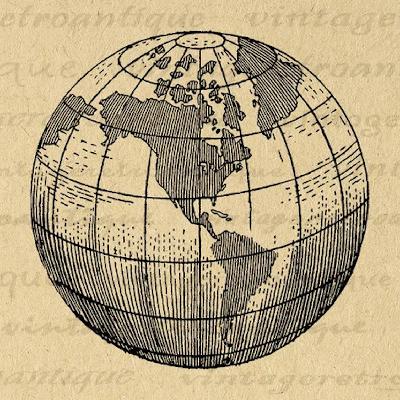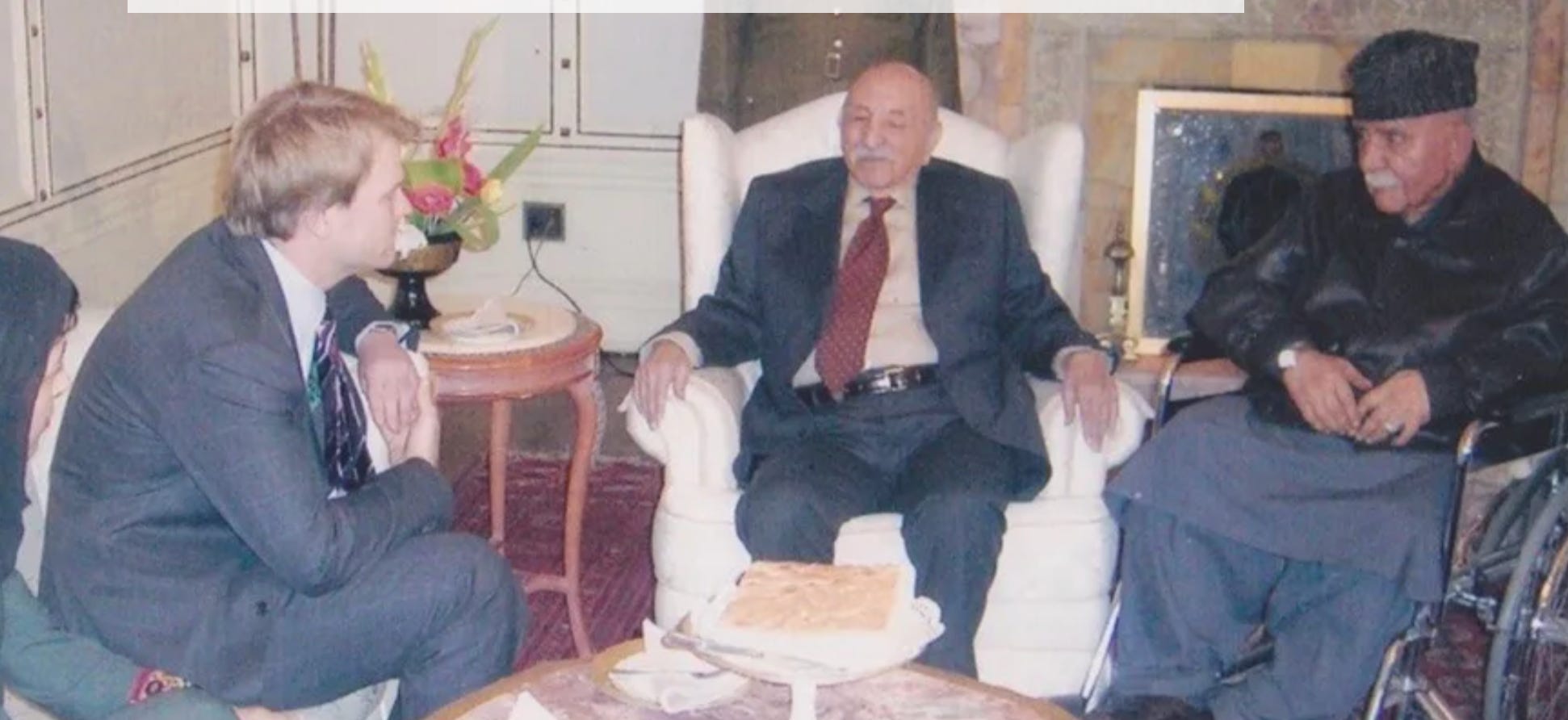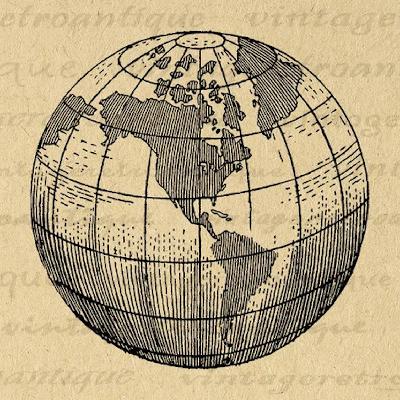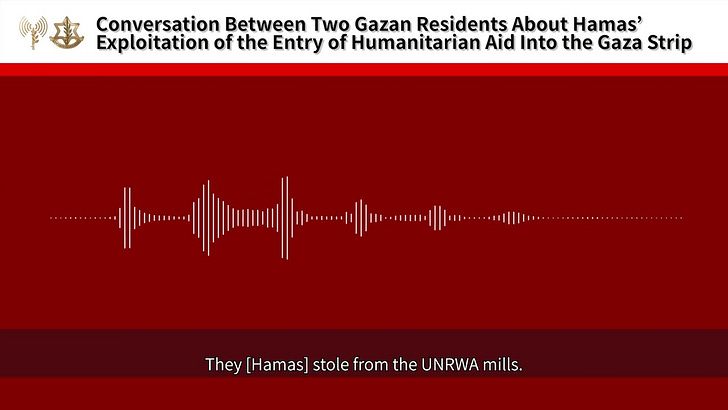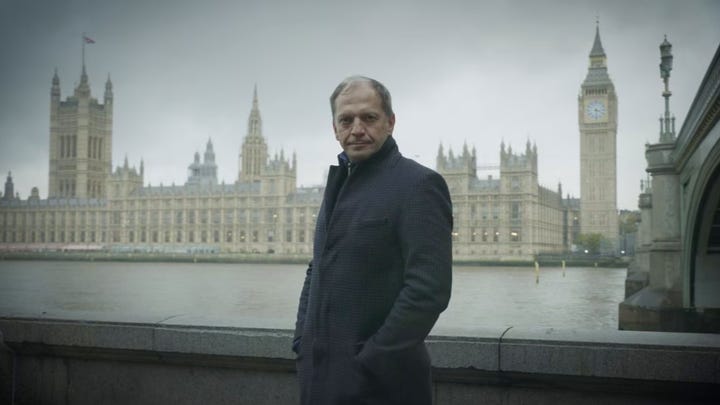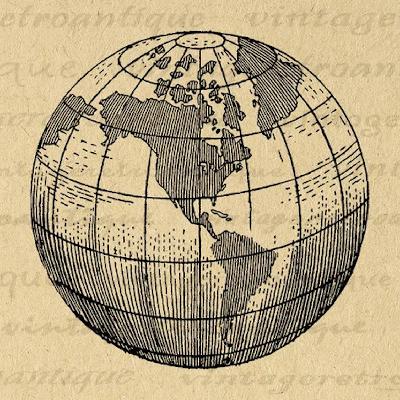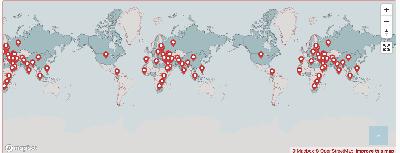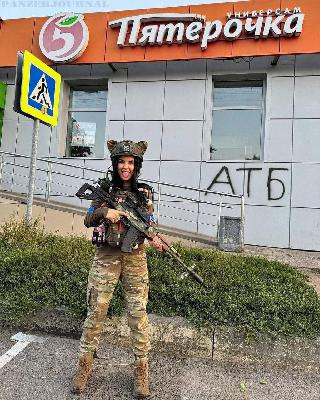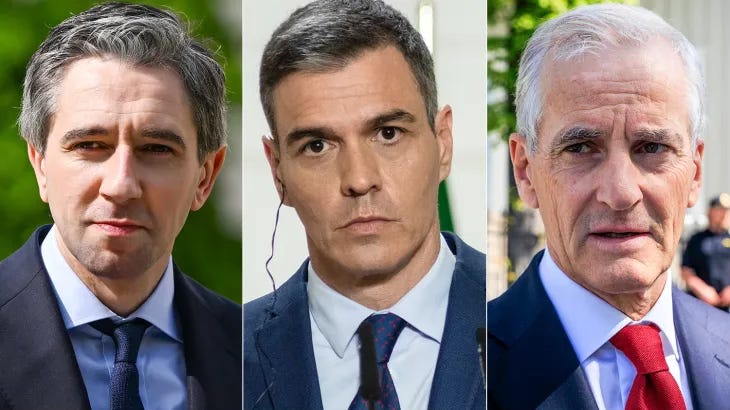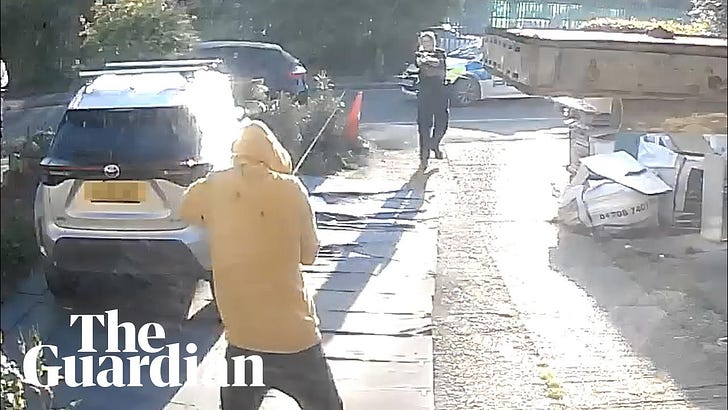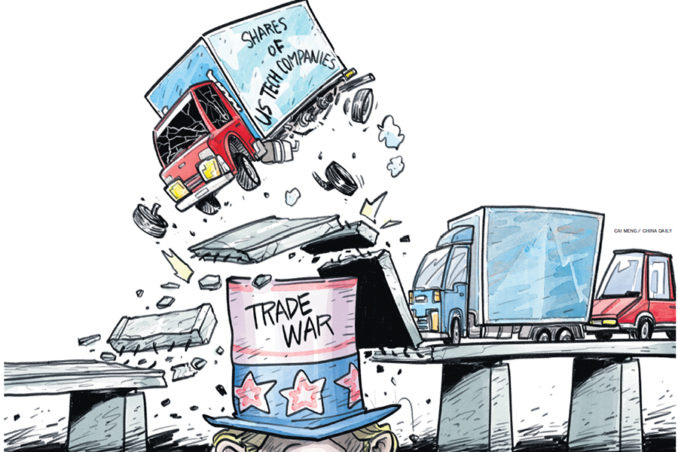Ukraine, Congo, and Trump's Nobel Peace Prize
Description
I recorded this podcast with Vladislav Davidzon on Zoom on Wednesday. I thought we’d covered some interesting ground. But when I listened to it, I was horrified to discover that something was seriously wrong with the audio. Vlad’s voice was mostly fine, but mine was often inaudible. I don’t know why. I record conversations on Zoom several times a week, and this has never happened before.
I spent yesterday trying to salvage the recording, but I could only improve it so much. Finally, tired and frustrated, I gave up and decided to deal with it today. Having slept on it, I decided that it didn’t merit my wasting another full day trying to fix it. Too much is happening in the world that I want to write about, and I didn’t want to see another day go down the tubes.
So I’m putting it up as is, with the transcript, below—read the transcript, listen to as much as you feel like, or don’t. I also gave the transcript to Google’s NotebookLM, which created a completely new podcast, with perfect audio. in which two slightly dopey AI speakers discuss the transcript in a chirpy tone. It’s just as good as the original, really. Voilà:
Claire: Welcome to the Cosmopolitan Globalist Podcast. I’m here with my friend Vladislav Davidson, who is in Amsterdam. Is that right?
Vlad: I am in Amsterdam indeed, Claire. Hi.
Claire: Hi! Are you coming back to Paris?
Vlad: I should be back in about a week or so. I’m waiting for a meeting with a politician. As soon as he tells me what his schedule is, I should pop back in.
Claire: Right.
Vlad: I’ll stay with you. Don’t worry. I know you missed me.
Claire: You going to be back for the 14th?
Vlad: Um, possibly. What do you think, you mean the parade?
Claire: Firemen’s ball. I thought it might be fun to go this year.
Vlad: You're going? Do you have extra tickets?
Claire: You don’t need tickets.
Vlad: I only have a white jacket with me while I’m on the road. What do you think?
Claire: Oh, you don’t need to dress up. It’s for the whole neighborhood.
Vlad: Is it on the street? Where is it?
Claire: It’s at the firehouse. It’s just across on the rue de Sévigné.
Vlad: I think it’ll be nice.
Claire: Yeah, it’s a lot of fun.
Vlad: Let me know. Actually, I’ve never done that.
Claire: You absolutely should.
Vlad: Right?
Claire: Yeah, speaking of the 14th, they’re practicing now for Bastille Day with the planes overhead, the fighter jets, and you know, when they pass overhead, the sound terrifies the cats—they run under the bed and they can’t be coaxed out for hours. And it actually terrifies me, too. I find these sounds terrifying. Just—
Vlad: I have flashbacks to the war. I can’t, even now in Amsterdam, sometimes the car back stops, sometimes it takes me a few seconds to realize I’m not in Ukraine. I’m not at the frontlines that—when some alarm goes off, I’m continuously thinking, are the Shaheds firing? So, uh—
Claire: It scares me and I know that they’re not coming for me. They’re just practicing for a parade. What is it like to deal with that for real, knowing that they are coming for you night after night? It’s just—
Vlad: It’s terrifying. And I have an extremely high appetite for risk, more than most people. But it’s really, really scary when you are in a situation where you’re getting bombed and you know you’re getting bombed. It’s not pleasant
Claire: Night after night. It must just leave people—it must just leave people beyond exhausted, beyond, beyond empty.
Vlad: Yeah. Well, that’s the point. That’s why they do it. They know that this is a way to grind down the population. They purposely do it in the middle of a night in order to wake people up and not allow them to sleep and to grind out the population’s capacity to resist.
Claire: I feel so bad for everyone who's living with this. I feel bad for the people in Gaza living with this. Obviously, I’m not a great enthusiast of Gaza’s political leadership, but—
Vlad: One has to have empathy for ordinary people who are caught in between the bad decisions of the leaders or the decisions of other leaders, right. I support Israel’s campaign to destroy Hamas, and I also feel bad for every collateral casualty, for the suffering, by innocent people. Obviously it’s terrible. War is terrible.
Claire: Yeah, I know. I—that’s not a very original observation, but I—
Vlad: It’s not, it’s not.
Claire: But still, I just really feel bad for everyone who’s going through this, and I don’t understand why my fellow Americans don’t seem to feel for what Ukrainians are going through.
Vlad: Well, they did. They did and they still do. The polling is very obvious on this. But some people on the NatCon MAGA right have been, I wouldn’t say manipulated, but it’s become a partisan issue, and it’s easy for people not to care when they feel they're not being taken care of by the state.
Claire: Well, you have to be pretty stupid to allow that to be a partisan issue. For most of American history, there was an edict that politics stopped the water’s edge. And to make this partisan issue—
Vlad: It became a partisan issue because of the stupidity of some people, on both the Democratic Party and on the Ukrainian leadership side. The Ukrainians obviously have made a lot of mistakes in their dealings with Donald Trump over the last nine years.
Claire: I really think you’re blaming the victim on this one.
Vlad: I was a US law enforcement witness on this. I was there and I saw this, the Ukrainians got off on the wrong foot with Donald Trump from the very beginning. And obviously there was no playbook for how to deal with an insurgent Trump campaign in 2016, and the Ukrainian Embassy made some unfortunate calls in a difficult situation—I discussed this very recently with the Ukrainian ambassador at the time, and he’s very grateful to me for what I did back then.
Claire: You mean by handing over the information from the Party of Regions?
Vlad: That was one of the things they did. Yeah. Hmm.
Claire: What else?
Vlad: Uh, how discreet do I wanna be? The Ukrainians made a bad decision about, thinking that the Clinton campaign was gonna win and they made they made less effort to talk to the Trump people in the beginning, Ambassador Chaly—and I’ve told him this to his face—made a bad call with the way he published an article on The Hill in the spring of 2016, when Donald Trump was talking about Crimea as Russia—I mean, it should have been done at the level of the Foreign Ministry. It shouldn't have been the Ukrainian ambassador to Washington that made that call and wrote that op-ed.
Claire: Mm-hmm. I still think you’re blaming the victim. No normal administration would pay attention to that. They would act in the American interest.
Vlad: I mean, obviously he got embroiled in the Ukraine impeachment stuff. Obviously, that’s his own fault. But he did get embroiled in Russiagate, which was a lot of psychosis from the legacy media. And he saw the Ukraine stuff as an extension of Russiagate psychosis. So, he should get over it, but there’s multiple instances of things that he continuously got involved in. As a MAGA guy says to me, the Ukrainians somehow keep getting involved in Trump’s business. It’s a very vulgar but not incorrect way of explaining why Ukraine kept getting involved. And for whatever bizarre reason, as I put in one of my articles, Ukraine was fodder for presidential elections, three cycles in a row, 2016, 20 and 24, and that’s weird.
Claire: I don’t want to spend all of our time on this, but I still think that you're blaming the victim. The abnormality here is—
Vlad: I’m not blaming the victim because these are my people. I’m on the Ukrainian side. I think the Ukrainian leadership, before Zelensky, has a lot to answer for. Zelensky inherited a bad hand and a bad relationship. I don’t like the way they were treated. I don’t like what happened with him in the White House, that’s all terrible. But certain things happened between 2016 and 2019 that when Zelensky came into office, he already inherited a not-great relationship with the Trump administration. There’s a bad relationship, why there’s bad blood, why there’s lack of trust, you know?
Claire: What are you hearing about the latest insane episode in which it was reported that Pete Hegseth and perhaps Elbridge Colby unilaterally decided to hold up arm shipments to Ukraine? Is that true?
Vlad: Look, I don’t want to discuss Mr. Colby because I don’t want him to stop replying to my DMs on Twitter.
Claire: At some point you’ve gotta stop DMing and report what he says, right?
Vlad: Yeah. I mean, I don’t wanna—
Claire: He doesn’t listen to this podcast.
Vlad: I put a lot of effort into having conversations with those people and a lot of people told me it was a wasted effort, and it turn

